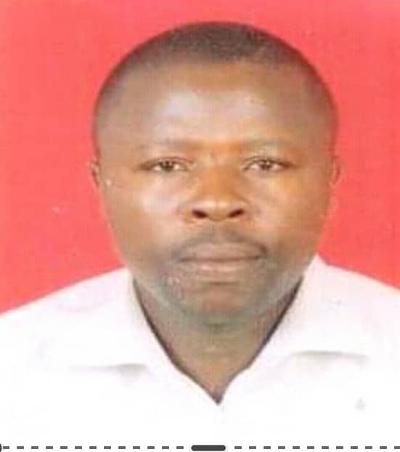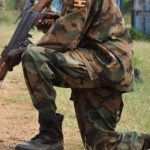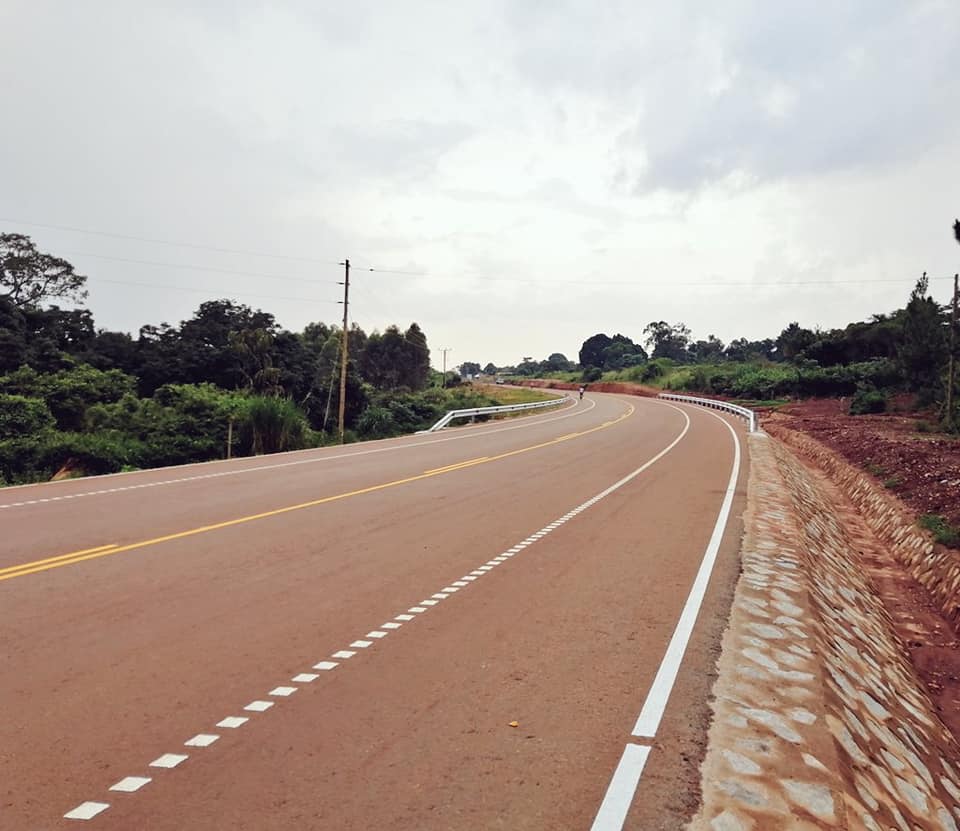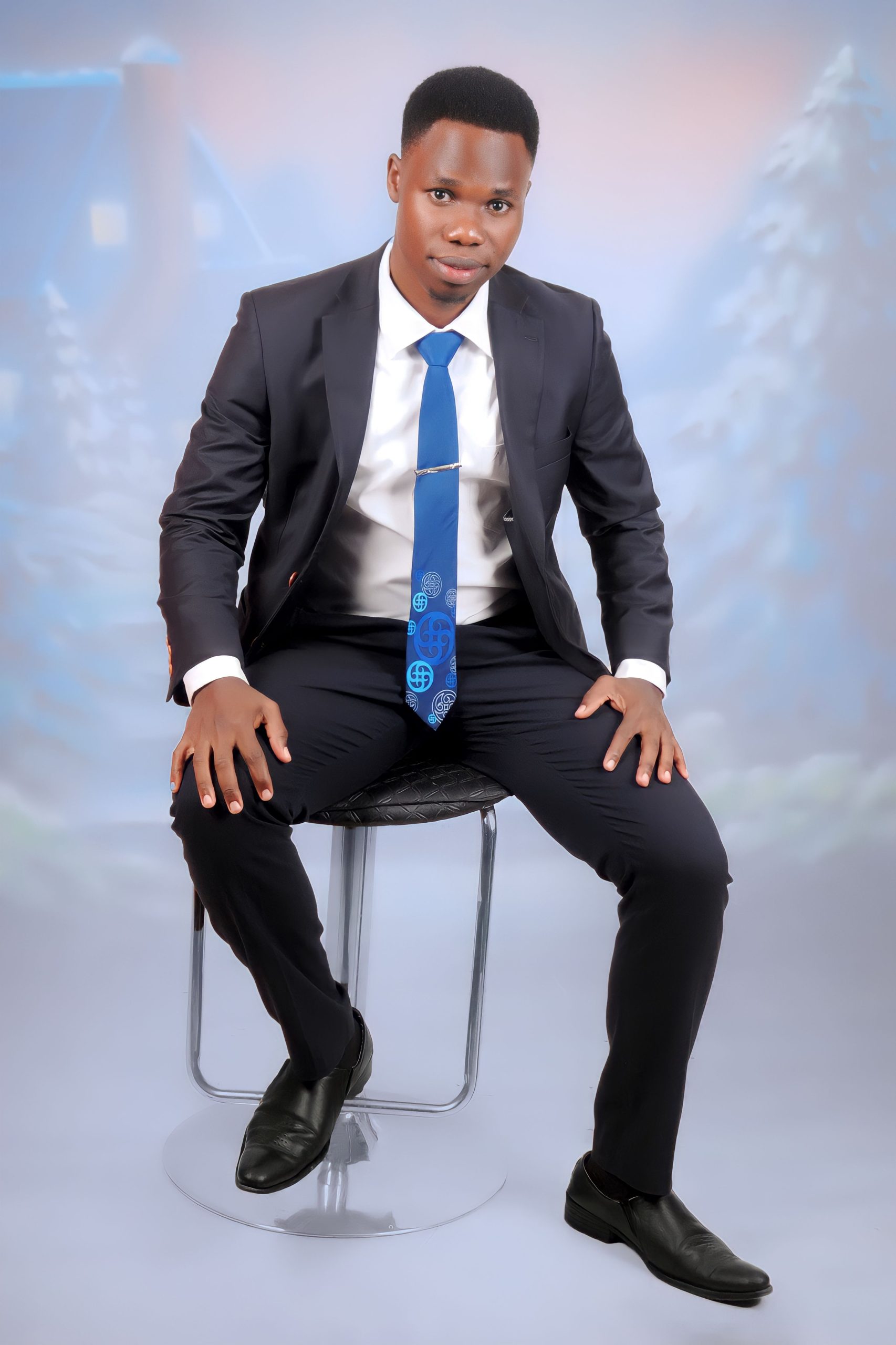Makerere University Mbale Branch and the Good Governance Centre Mbale, through a longitudinal survey, have identified the following individuals as heroines of special needs education in Uganda for the year 2023. The survey explored enabling legislations on special needs education in Uganda, specifically the 1995 Constitution and the Disability Act of 2020, the Education Act of 2008, and other supportive international conventions, including the East African Treaty, with relevant provisions dealing with special needs education in the region.
The Ugandan constitution makes it a criminal offense for any school headteacher not to enroll a learner on the basis of any disability. The Disability Act of 2020, Act 3, discourages admission of learners in special schools, particularly Section 6(1)(2) meant for a certain category of learners. Uganda, as a country, is supposed to have one secondary school for each of the regions to address issues of deaf education. So far, only the Central Region and Eastern Uganda have such schools fully functioning. Sarah Bugoosi, Commissioner of Special Needs Education, says efforts are underway to ensure that every region has a special needs school as proposed by the president to address imbalances in education.
Special needs education can be for blind and deaf learners, among other categories. The survey focused on Mbale School for the Deaf for various reasons, including pronounced strikes by students, both old and current, and national headlines painting a picture of maladministration in the school. Ministry and District audit reports raised eyebrows about capitation funds being put to improper use.
Purposeful observation was employed as a method of data collection in the longitudinal survey. Other methods included sampling relevant literature and stratification to narrow down the study. Management trends and public reactions to how the school was being managed from 2019 to 2023 were also examined.
The efforts and actions of key actors in special needs education were studied and quantified during the period under review. The first alarm regarding how the special education program was being run in Mbale School for the Deaf SSS was raised around 2019 by some stakeholders of the school. The actions of key figures were trailed, studied, and eventually quantified using various research tools.
Honorable Minister for Education, Honorable Janet Museveni, was summoned to parliament by the education committee several times on the same issues in Mbale Deaf SSS. However, the Ministry took an administrative decision to initiate a transfer of the headteacher in question around April 2023, in consultation with several stakeholders of the school, as a way of resolving the stalemate. The terminal transfer took place after Mbale District received a new Chief Administrative Officer (CAO) due to complacency with past CAOs who appeared to ignore Ministry of Education directives on the situation in the school.
During the December meeting, efforts were made by some actors to bring back the headteacher who had been transferred. However, the Minister for Education challenged those pushing for the return, stating that the issue of transfer was now functus official, and the Ministry can’t flip around on its decision. Such a strong political stance by the line minister was quantified as working in favor of special needs education in Uganda.
The Permanent Secretary of the Ministry of Education and Sports, Madam Ketty Lamaro, took her time to interest herself in issues of Mbale Deaf SSS when appointed as Permanent Secretary. Initially thinking the matter would be resolved quickly, she realized that the challenges at hand were quite mundane and took administrative action by effecting a transfer. The school headteacher at that time challenged the transfer by petitioning parliament and the Equal Opportunities Commission (EOC) in 2023 for protection and convert.
The Equal Opportunities Commission Act of 2007 gives its commissioners the same powers as the magistrate courts, and its decision can only be rescinded by a high court ruling. In the interim, it disallowed the Permanent Secretary from effecting a transfer until it studied the petition from the headteacher. The Commissioner for Special Needs at the Ministry of Education and Sports, Madam Sarah Bugoosi, was among the early Ministry of Education actors who cited mismanagement of Mbale School for the Deaf SSS, which falls under her direct docket. She raised the initial alarm to her superiors, putting her at loggerheads with the Commissioner of Secondary Education. Sarah Bugoosi accused her counterpart of interference with her docket of special needs.
The District Education Officer, Mbale District Local Government, Madam Lydia Musungu, who is the first supervisor at the District level, took action by freezing Mbale School for the Deaf’s bank accounts when information was brought to her attention that school funds meant for deaf children were being siphoned in a disturbing manner. Within two days, over 300 million shillings meant for deaf learners couldn’t be traced. On top of freezing the bank, actions included various administrative measures instituted by the District office to bring sanity to the school. Our tools recorded this as a solid achievement in favor of special needs education.
Sister Mary Wasagali was commissioned by the Equal Opportunities Commission (EOC) chairperson to investigate alarming administrative wrangles in Mbale Deaf SSS following social media rumors that the school was being mismanaged. She assembled her team and camped in the school for about a full week. Her findings and conclusions guided the EOC, which expeditiously directed the Permanent Secretary of the Ministry of Education and Sports to effect various administrative measures in the school, including the transfer of the headteacher, disbandment of the board, and transfer of non-deaf learners to the nearby school of Makhai Seed School. Recall that the EOC had restrained the education PS from taking any administrative action on Mbale Deaf SSS leadership until it concluded its findings. After Sister Mary’s report, the EOC vacated all its orders and gave a red light to PS to take action of her choice and bring sanity to the school.
The study focused on female education managers both in their political and technical capacities to minimize the margin of error in the study. The recommendations of the study, which come as policy briefs, enjoin the above managers to carefully internalize the following recommendations of special needs education in Uganda and beyond.
The new leadership at Mbale Deaf SSS must encourage teaching and learning for the learners to improve on performance, which had been affected for the last four years, as UCE results rankings exposed Mbale School for the Deaf SSS as the last school in the country with nobody in first and second grades despite heavy funding by the government. Various reporting lines should be avoided; other organs or units of government should allow the relevant and recognized actors like Permanent Secretaries to manage the education sector. The headteacher was faulted for ignoring first-line actors like DEO and PS, reminisces District Education Officer Mbale, Madam Lydia Musungu.
The Government of Uganda, through the Disability Act of 2020, is mandated to provide special needs learners with the following assistive devices like wheelchairs, crutches, white canes, orthopedic appliances, qualified readers, tactile equipment, among others. These provisions should be given to learners to promote learning but also attract other deaf learners into class. The study also established that Uganda has put up an enabling environment to support special needs learning in the form of various constitutional provisions, for example, Articles 30, 31, and 35, and the Disability Act, number 3 of 2020, the Children Act Cap 59, and the Penal Code to deal with those found undermining the status of disabled children.
The study also observed that there is limited knowledge on special needs education by parents with special needs children; there should be continuous sensitization on this. The school board should be managed by very experienced board members, preferably somebody appointed by the Disability Council or Uganda National Deaf Association. The old students should be represented on the board by having a representative elected through the students’ association, as directed by the Education Act. The study, therefore, recommends cascading such knowledge to homes and infant schools and primary schools, as there are many parents stuck with disability children in homes without knowing that there is a legislative arrangement to address the plight of such learners.
The study also established that special needs schools are well-funded, roughly about 400,000 shillings for every student per term. In conclusion, such high capitation grants for deaf learners were making some money-minded headteachers enroll non-deaf learners disguised as deaf students to tap into the rich Capitation allocation. Extra vigilance and reporting lines should be envisaged from local leadership, cultural institutions, and other concerned citizens.
We further recommend qualified interpreters as envisaged by the law and qualified teachers in both special needs and ordinary disciplines if performance is to improve. Continuous research surveys should be undertaken by institutions such as Kyambogo University and Makerere University and other willing academicians to create a depository of knowledge on education and its challenges and policy briefs to the challenges identified. Other policy recommendations include the transfer of some actors in the school to new stations who were seen as allies of the old administration.
The study sampled writings and reports of the education ministry, online and offline archived data by New Vision, Daily Monitor, Observer newspaper, Red Pepper, online platforms like The Ankole Times, Daily Express, and Mulengera Wera. Old students’ reports were internalized to support the study.
The writer is a researcher from Mbale and a PhD student. Tel: 0706655811.



















